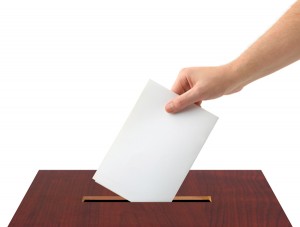
By Steve Brawner, © 2020 by Steve Brawner Communications, Inc.
Libertarian candidate Ricky Harrington trails U.S. Sen. Tom Cotton, 49-38%, according to a poll commissioned by the Harrington campaign.
Thirteen percent were undecided. The poll of 600 likely voters by American Research Group conducted late last week had a margin of error of plus-minus 4%, the Harrington campaign said.
Harrington is Cotton’s sole challenger because the only Democratic to file, Josh Mahony, dropped out of the race hours after the filing period closed. An independent candidate, Dan Whitfield, tried without success to collect enough signatures to qualify for the ballot.
He’s picking up the protest vote that would have gone to Mahony or another Democrat.
Harrington reported raising $5,120.49 as of June 30 in his most recent filing report with the Federal Election Commission. Howington said there has been a significant increase in donations in the last few weeks.
Cotton, meanwhile, had raised almost $10 million, including transfers from other committees, and had $6 million on hand as of June 30.
Harrington’s press secretary, Andy Howington, said, “We are hopeful for an ‘October Surprise’ as more people are introduced to Mr. Harrington’s campaign in these last few weeks. The uncertainty in this race, coupled with the results of this poll, provide us a vision for a path to victory. We will work hard to court these undecided voters, and maybe even take some from Senator Cotton in the process. No one expected us to be here.”
Howington pointed to the FiveThirtyEight website, which predicted Cotton would win with 82.1% of the vote. It gives Cotton a greater than 99% chance of winning based on a model that simulates the election 40,000 times.
A debate between the candidates by Arkansas PBS is scheduled for 3 p.m. Wednesday, but only Harrington is scheduled to appear. Arkansas PBS will livestream Harrington’s appearance here and here. It will air it at 7 p.m.
Related:
